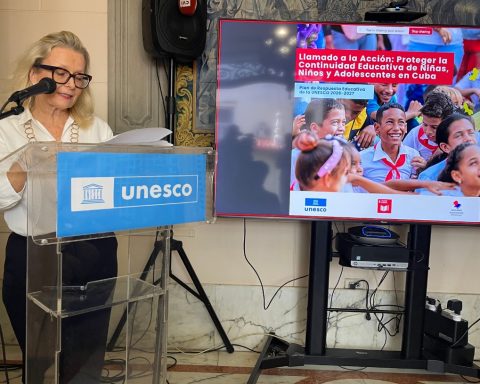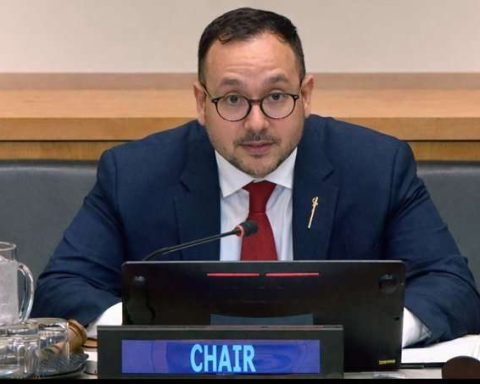The government of US President Joe Biden announced this Friday a ten-year conflict prevention strategy that it will carry out in Haiti and other countries, almost all of them African, to promote stability.
This strategy will be implemented “through collective action and partnership” and is underpinned by the Global Fragility Act approved by Congress.
The United States will partner with Haiti, Libya, Mozambique, Papua New Guinea, and the West Coast of Africa (Benin, Ivory Coast, Ghana, Guinea, and Togo) to “prevent conflict, build resilience and stability, and promote economic development.” the White House announced in a statement.
Without a functioning parliament for two years and with a paralyzed judiciary, Haiti, the poorest country in the Caribbean, is sinking into a governance crisis. The growing control of the gangs hampers the hopes of an improvement in living conditions for the population, victims of kidnappings committed daily by armed gangs.
For the White House, it is “more necessary than ever” to prevent and stabilize conflicts, but also “to look beyond urgent crises and short-term needs” to focus on strategic objectives through ten-year plans of the entire government.
The US government says it will focus on strengthening democratic institutions “for example, in the areas of the rule of law, anti-corruption, law enforcement and fiscal transparency” and on promoting human rights and gender equality.
The United States Congress authorized up to $200 million annually for these types of efforts and appropriated $125 million in fiscal year 2022 for the Prevention and Stabilization Fund.
The Department of State will lead this government strategy, in close collaboration with governments, companies, and civil society organizations in the country.
Democratic governance and respect for human rights “are increasingly under threat as violent extremists and practitioners of oppression assert their authoritarian will through coercion and violence,” the Secretary of State said in another statement. Antony Blinken, who assures that the new strategy will combat “these negative global trends”











